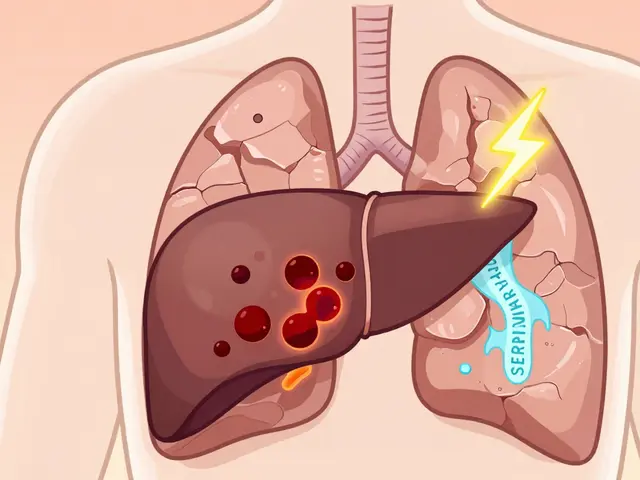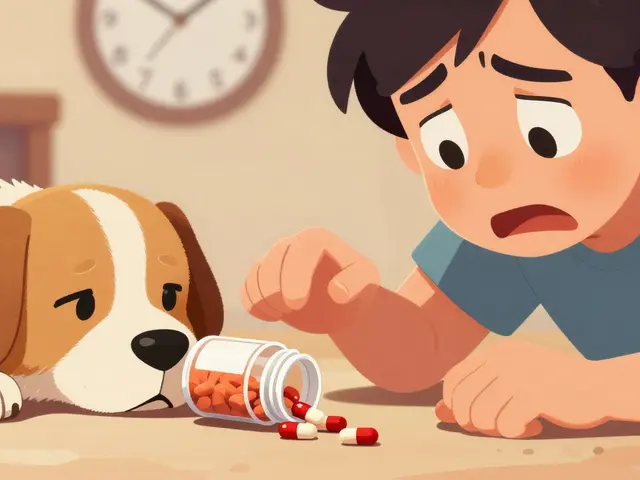Infant Health: Practical Tips You Can Use Today
Having a newborn raises lots of questions fast. This page gives clear, useful steps on feeding, sleep safety, fever, medicine, and when to call your doctor. No fluff — just what helps you keep your baby safe and healthy.
Feeding & Nutrition
Breastmilk is recommended for most babies. Feed on cue — when your baby opens their mouth, sucks their hand, or becomes more alert. If you formula-feed, follow the powdered formula instructions exactly and use boiled and cooled water where recommended in your region. Measure carefully and always use the scoop from the formula tin.
Introduce solids around six months, not before. Start with single-ingredient purees and watch for reactions for 3–5 days. Keep offering breastmilk or formula as the main food through the first year.
Hydration matters. For babies under 6 months, extra water is usually not needed unless a doctor advises. Signs of good hydration include several wet diapers a day and normal skin tone.
Sleep, Safety & Environment
Put babies on their backs to sleep — this lowers SIDS risk. Use a firm mattress and keep the crib bare: no pillows, bumpers, toys, or loose blankets. Dress your baby for the room temperature and consider a sleep sack instead of loose covers.
Always use a properly installed car seat for travel. Keep small objects and foods that can cause choking out of reach. A smoke-free home improves lung health and reduces infection risk. Handwashing before handling a baby helps prevent germs.
Tummy time while awake is important. It builds neck and shoulder strength and helps with motor skills. Start with a few minutes several times a day and increase as your baby grows.
Medicine, Fever & When to Call the Doctor
Never give adult medicines to a baby. Over-the-counter meds like infant acetaminophen or ibuprofen should only be used on a pediatrician’s advice and must be dosed by weight with the proper syringe. Avoid aspirin in children due to Reye’s syndrome risk.
A fever in a baby younger than 3 months (38°C / 100.4°F or higher) needs prompt medical evaluation. For older infants, call your pediatrician if the fever is very high, lasts more than 24–48 hours, or comes with poor feeding, extreme sleepiness, breathing trouble, a rash, persistent vomiting, or dehydration signs.
When in doubt, call. Your pediatrician can help you decide if a home remedy is enough or if your baby needs to be seen. If your baby shows blue lips, trouble breathing, or becomes unresponsive, seek emergency care immediately.
Buying baby meds or supplies online? Use licensed pharmacies, check reviews, and require prescriptions where needed. If something seems off — strange packaging, no contact info, or unrealistic prices — don’t risk it.
Small steps matter. Clear feeding routines, safe sleep, good hygiene, and knowing when to call your doctor will keep your baby safer and give you more peace of mind.
The relationship between diaper rash and baby's weight
In my research on baby health, I've discovered an interesting link between diaper rash and a baby's weight. It seems that heavier babies are more prone to diaper rash due to the increased skin folds which can trap moisture and cause irritation. Furthermore, these babies may wear diapers for longer periods, creating a perfect environment for rashes. So, parents of heavier babies should be extra vigilant about changing diapers frequently. This key information can really help in preventing uncomfortable diaper rashes.
Read More





